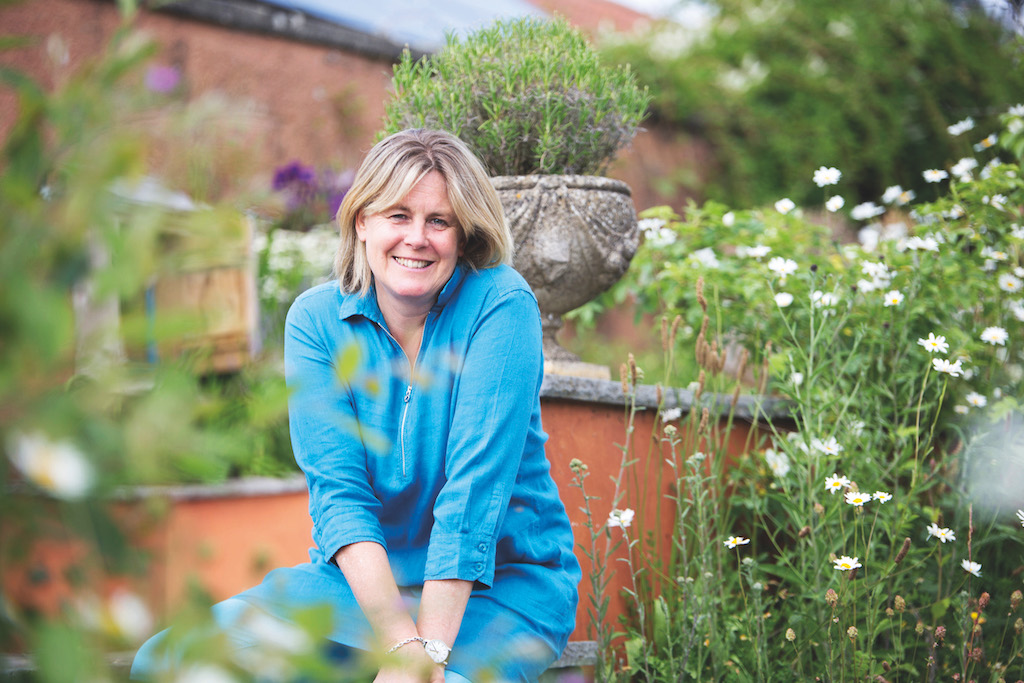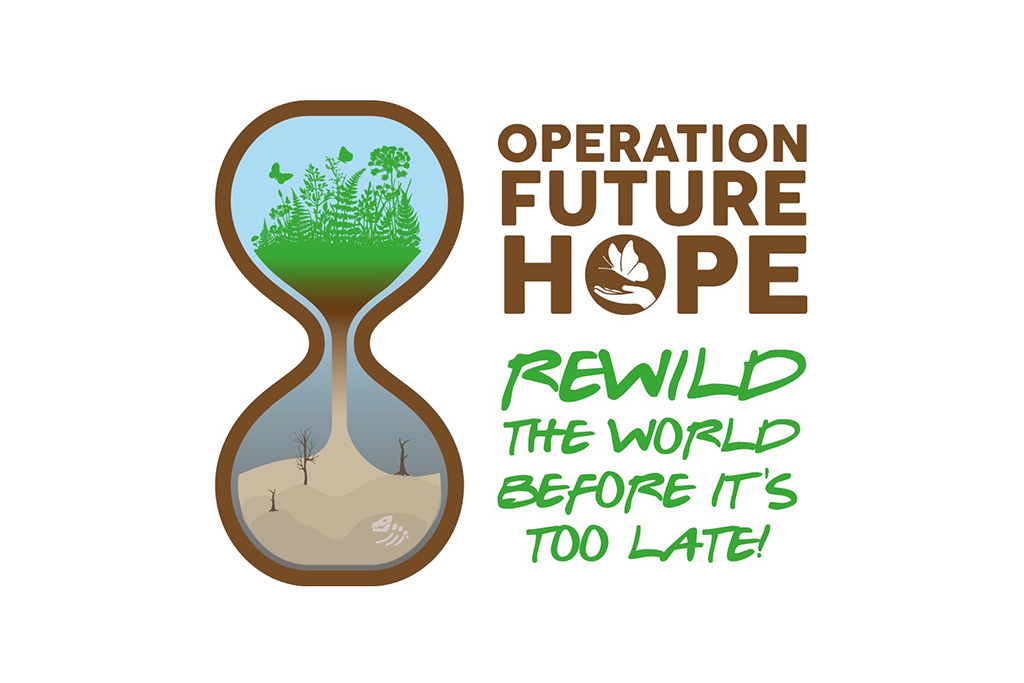Empower Our Children
By
4 years ago

Environmental campaigner, Julia Hailes believes that schools can do more
to prevent eco-anxiety becoming the biggest mental health issue of our time

Over 70 per cent of 18 to 24-year-olds feel eco-anxiety, according to research carried out by Force of Nature – an NGO founded in 2019 by 19-year-old climate activist, Clover Hogan. Talking to children around the world, the survey found that many of them have an existential dread of the future that keeps them awake at night.
The really shocking thing is that they have visions of a dystopian blockbuster – cities underwater, empty supermarket shelves and a world under siege from environmental disasters. In contrast, current-day leaders look forward to a techno-utopia, for example, with flying cars and diseases eradicated. My own sons corroborated the research, pulling no punches. ‘Old people don’t think about the future but young people do. They think about it a lot,’ said my 22-year-old son, Monty.
Looking back to my childhood – I was born in 1961 – I was largely unaware of the looming threat to our planet. The world behaved as if resources were infinite, the disposable society was taking off, forests around the world were being destroyed with hardly anyone noticing, wilderness areas shrinking and world population exploding – it has increased from about three billion to nearly eight in my lifetime.
Yet, there was absolutely nothing in my education that told me what was happening to the planet. Perhaps my father lit a flame – we went on long walks talking about nature, wildlife and human impacts. My real epiphany happened on my travels. I remember staring at the trees stretching into the far horizon impossibly beautiful. Then, I heard the sound of chainsaws. My Spanish hosts in Western Brazil were in the business of cutting down trees. The mission to save the rainforests kicked off my environmental career.
The current curriculum is preparing pupils for a world that’s gone. We need a brand new one equipped to face the challenges confronting us now
Julia Hailes
In my mid-20s, I co-founded the pioneering environmental think-tank and consultancy, SustainAbility. A year later, in 1988, our Green Consumer Guide, was published, which went on to sell over one million copies. I became a regular on BBC and ITV news and chat programmes.
What is striking about many of today’s environmental campaigners is how young they are. Greta Thunberg was only 15 when she came to public attention by staging climate strikes outside the Swedish Parliament. Students around the world joined her and started the Fridays for Future movement, whilst Greta addressed world leaders about the urgency of the climate crisis.
She is not alone. I’ve just been sent a newly-published book to review – Tomorrow is Too Late, edited by 15-year-old Grace Maddrell. She went on her first school strike aged 13 and now describes herself as a passionate activist for equality and climate justice. Her compilation of climate fighting stories are written by teenagers around the globe – from India, Iran, USA, Pakistan, Germany and Brazil, to name a few.
Generations X, Y and Z have seen fires raging across Australia and California, the extraordinary heat bubble in North America this year, dying coral reefs, wildlife extinctions escalating, exceptional floods, powerful hurricanes and new records being set every year in weather extremes. They feel angry, despairing and powerless. ‘It’s not just my life, it’s everyone I love. It is all of my future. There is no end to it,’ said my other son Connor Bryant, 26, just as eloquently.
The next generation is no longer debating whether climate change is real or whether we should be changing the way society works. They know it is happening and that we must be radical in our response.
It’s clear that previous generations have exploited the planet and this generation must put it back together again. Are schools doing enough to make this happen? I don’t think so. The current curriculum is preparing pupils for a world that’s gone. We need a brand new one equipped to face the challenges confronting us now. This means environmental issues should be cross-curricular, in assemblies, in the canteens, in the school grounds and in every part of school life. What’s more we need teacher training that puts it top of the agenda.
Surely, the key to eco-anxiety is education? We have to empower children so they can embrace the future rather than dread it.

Julia Hailes MBE is supporting Operation Future Hope which is spearheading a rewilding initiative in schools’ grounds and gardens.
READ MORE FROM AUTUMN/WINTER 2021
The Green Dream | Championing the International Baccalaureate



